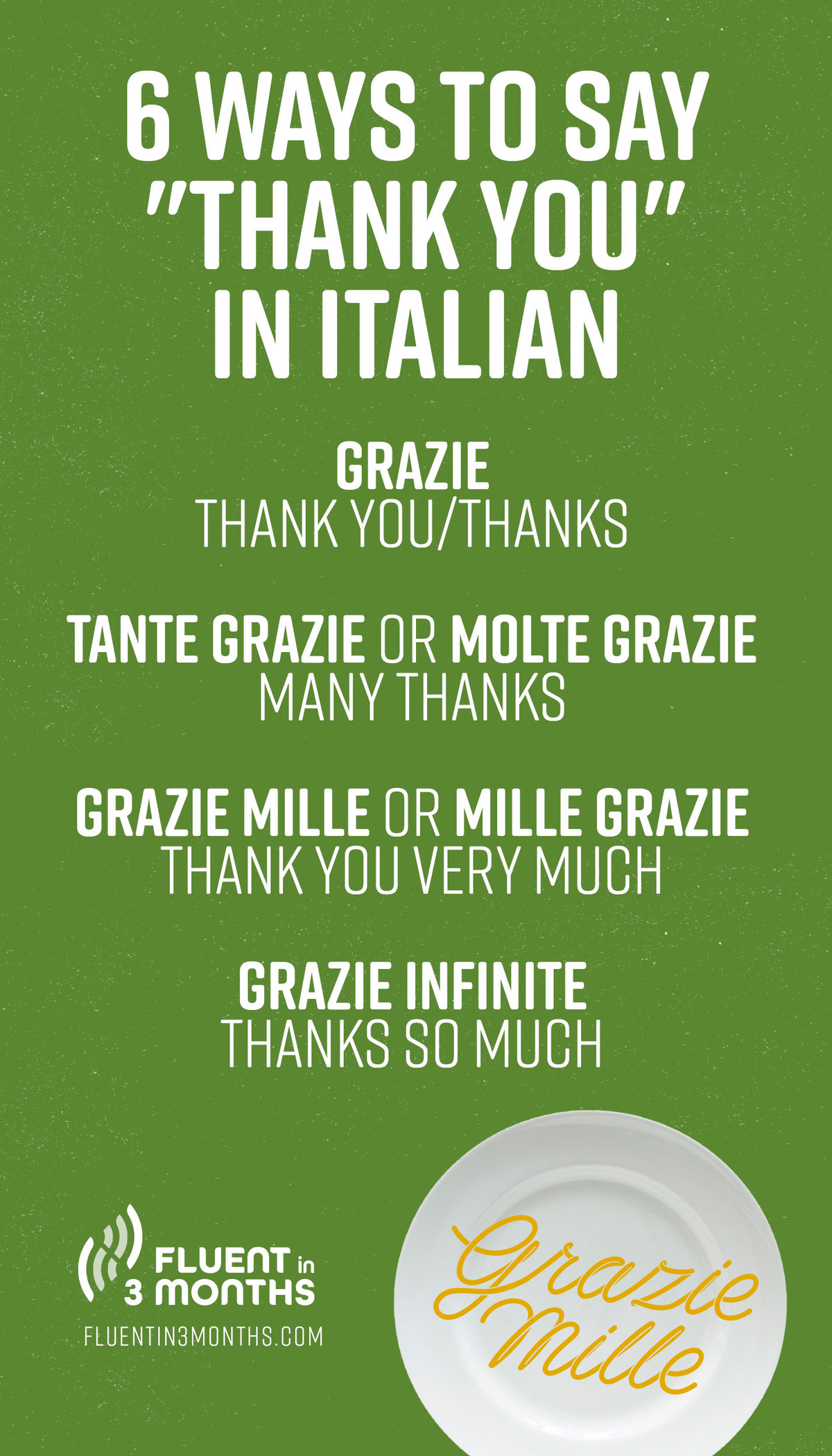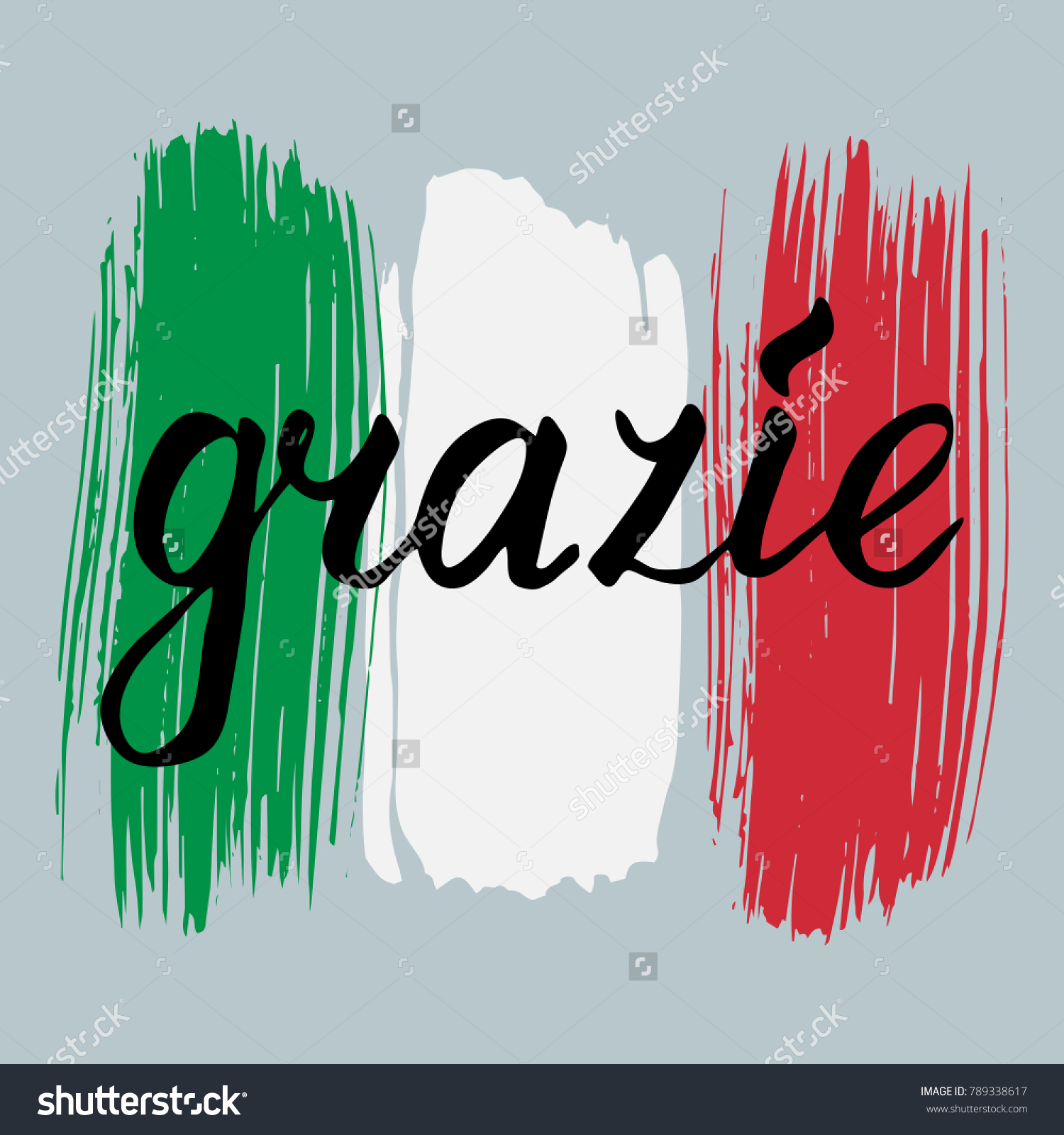Sometimes, a moment hits you, and you just feel this overwhelming wave of relief, a surge of pure appreciation that bubbles up from somewhere deep inside. It’s that feeling when something good, perhaps something truly wonderful, happens right when you needed it most, or maybe it’s just a stroke of really good fortune. You know, that instant where you might just throw your hands up, look to the heavens, and let out a big sigh of gratefulness. It’s a very human reaction, this outpouring of thanks for something that just feels right, almost like a gift.
We have so many ways to show we’re pleased, to let someone know we appreciate what they’ve done, or just to acknowledge a kindness that’s come our way. It could be a quiet nod, a warm smile, or a few simple words that carry a whole lot of meaning. These little gestures, or bigger expressions, are how we connect, how we show that we’ve noticed the good things, and that we value the efforts of others or the happy turns of life itself. It’s a pretty fundamental part of how we get along, actually.
And then there are those moments when a simple "thank you" just doesn't quite capture the sheer depth of what you're feeling. That's when you might reach for something more, something that really conveys the passion of your relief or the intensity of your joy. The phrase "thank god italian" is, in a way, a perfect example of this kind of heartfelt expression, a way to put a little extra oomph behind that feeling of immense gratitude for something that has gone really well, or for a happy outcome that feels almost miraculous.
Table of Contents
- What Does It Mean to Truly Say "Thank"?
- The Heart of "Thank God Italian" - A Deep Sense of Appreciation
- How Does Gratitude Show Itself?
- When a "Thank God Italian" Moment Happens
- Why Do We Need Ways to Show We're Pleased?
- Finding Joy in "Thank God Italian" Expressions
- Is There a Special Power in Saying Thanks?
- The Lasting Echo of "Thank God Italian"
What Does It Mean to Truly Say "Thank"?
When we utter the word "thank," or perhaps a longer phrase like "thank you," what exactly are we doing? Well, it's pretty much about letting someone know that you're pleased about something they've done, or that you feel a sense of appreciation for a kindness they've extended. It's a way of acknowledging that their action, or perhaps a fortunate turn of events, has brought you some good. You know, it's not just a sound coming out; it's a feeling being put into words, a recognition of something positive that has come your way, or that someone has given you. In fact, it’s a simple yet very powerful way to connect.
It could be something small, like someone holding a door open, or something a bit bigger, like a helpful piece of advice that really makes a difference. The act of saying "thank you" is, in essence, a polite way to show that you've noticed their effort and that you're happy about it. It’s like, you’re telling them, "Hey, I saw that, and I appreciate it." This simple exchange, in some respects, builds a little bridge between people, making interactions a bit smoother and a lot more pleasant for everyone involved, which is pretty nice.
Sometimes, the phrase "thank you" is used to really put emphasis on something you've just said, almost like saying, "And for that, I am truly grateful." It's not always about a direct action someone took; it can also be about a feeling of relief or a happy circumstance. For instance, if you avoid a mishap, you might say, "Thank goodness," which is, in a way, a form of thanks directed at the universe or fate itself. It’s about recognizing that good things happen, and expressing a deep sense of relief or happiness for them, which feels pretty natural.
The core of it all is a feeling of gratefulness, a warm sense of acknowledgment for a good deed or a happy outcome. It's about letting that feeling out, making it known. When you tell someone how grateful you are, you're not just being polite; you're sharing a part of your inner happiness with them, making them aware of the positive impact they've had. It's a mutual exchange, really, where one person's kindness meets another's appreciation, and that creates a pretty good feeling all around.
The Heart of "Thank God Italian" - A Deep Sense of Appreciation
Now, when we consider a phrase like "thank god italian," it speaks to a very particular kind of gratefulness, doesn't it? It’s not just a polite nod; it’s an exclamation, a burst of feeling that suggests a profound sense of relief or joy, almost like a passionate sigh of contentment. This isn't your everyday, run-of-the-mill "thanks." This is the kind of thanks that comes when something truly significant has happened, or when a worry has lifted, leaving behind a clear, happy space. It’s, like, a big moment of personal triumph or immense good fortune, you know?
The "Italian" part, in this context, doesn't necessarily refer to a place or a person, but rather to an intensity, a certain flair for expressing deep emotion. It suggests a feeling so strong, so utterly overwhelming, that it needs a bit more than just a simple "thank goodness." It's about that moment when you’re so incredibly relieved or happy, you want to shout it from the rooftops, to let the whole world know how truly fortunate you feel. It’s a very expressive way to put across a deep, deep sense of appreciation for a turn of events.
This sort of expression is about acknowledging a kindness, yes, but it’s more about acknowledging a blessing, a stroke of luck, or a moment where everything just aligns perfectly. It’s the feeling you get when a big problem disappears, or when a long-awaited wish comes true. That feeling, where you just want to throw your hands up and say, "Yes! This is it!" It’s a profound moment of feeling pleased, almost beyond words, and needing a powerful phrase to match that inner experience.
So, when someone uses a phrase with such vigor, they are really telling you how truly pleased they are, how utterly grateful they feel for whatever has happened. It’s a declaration of happiness, a public display of appreciation for a favor or a beneficial outcome that has made a real difference. It’s that moment when you’re so glad, so relieved, that you can almost feel the weight lift from your shoulders, and you just have to express that profound sense of thanks, in a way that truly conveys its depth.
How Does Gratitude Show Itself?
Gratitude, that warm feeling of being thankful, can show itself in so many different ways, can't it? It’s not always about saying the actual words "thank you." Sometimes, it’s a look in your eyes, a genuine smile that reaches them, or even a thoughtful gesture. It could be remembering someone’s birthday, offering to help them out when they’re in a tough spot, or simply listening when they need an ear. These actions, you know, often speak louder than any words, showing that you truly value what they've done or who they are.
A person might show their gratefulness by doing something nice in return, a sort of reciprocal kindness. If someone helps you move, for instance, you might bake them a batch of cookies or treat them to a meal. This isn't just about evening the score; it's about showing that you recognized their effort and that you want to return some of that good feeling. It's a way of acknowledging their service or good will, and making sure they know their actions were noticed and appreciated.
Sometimes, the expression of thanks is quite public, like giving a shout-out to someone in a meeting or writing a heartfelt note that everyone can see. Other times, it's a very private, personal moment, shared just between two people. The way we express gratitude often depends on the situation, the relationship we have with the other person, and even our own personality. But the core feeling, that sense of being pleased and acknowledging a kindness, is always there, bubbling underneath.
Even in informal language, like using "thanks" instead of "thank you," the meaning is still clear: a feeling of gratitude or acknowledgment of a kindness. It’s a quicker, more casual way to get the message across, but it still carries that fundamental sense of appreciation. Whether it's formal or informal, spoken or acted out, the point is to let the other person know that you are happy about what they've done, or what has happened, and that you hold that good feeling.
When a "Thank God Italian" Moment Happens
So, when does one experience a "thank god italian" moment? It's typically when something that seemed impossible, or at least very unlikely, suddenly becomes real, or when a situation that was causing a lot of worry gets resolved in the best possible way. Imagine, for instance, you've been working on a really tricky project, and just when you thought you were stuck, a solution just appears, seemingly out of nowhere. That, in a way, could be one of those moments.
It’s that sudden wave of relief after a period of intense waiting or concern. Maybe you were hoping for a particular outcome, and it finally comes to pass, exceeding all your expectations. That feeling of immense satisfaction and sheer delight, that’s when a phrase like "thank god italian" might just spill out. It's about the joyous acknowledgment of a kindness, or a favor, or a stroke of good fortune that feels truly significant, almost like a miracle, you know?
Think about a time when you were really counting on something, and it came through, just as you hoped, or even better. That deep breath you take, that little smile that spreads across your face, that’s the physical manifestation of this kind of profound thanks. It’s not just a polite expression; it’s a heartfelt release of tension, a declaration of pure, unadulterated pleasure at how things have turned out. It’s a moment of feeling utterly pleased.
These moments are often deeply personal, tied to individual hopes and fears. They are about feeling so incredibly grateful for something that has happened, that a simple "thank you" feels too small, too quiet. The "thank god italian" kind of feeling is about needing to express that powerful sense of relief and appreciation with a bit more passion, a bit more gusto, to truly capture the depth of the emotion. It's about letting that feeling burst forth, really.
Why Do We Need Ways to Show We're Pleased?
Why do we even bother with all these ways to show we’re pleased, to express our thanks? Well, for one, it’s a really important part of how we get along with each other, isn't it? When someone does something nice, or a situation turns out well, expressing gratitude closes that loop, letting everyone involved know that the good deed or the happy outcome has been noticed and valued. It’s a way of affirming positive interactions, which is pretty fundamental to social harmony.
It also helps to build and strengthen connections between people. When you thank someone, you’re not just acknowledging their action; you’re acknowledging them as a person, their effort, their kindness. This can make them feel seen, appreciated, and more likely to offer help or kindness again in the future. It’s a way of saying, "I value you," which, as a matter of fact, is something everyone wants to hear, isn't it?
Expressing gratitude can also make us feel better ourselves. When we take a moment to acknowledge the good things that happen, or the good people in our lives, it shifts our own perspective. It helps us focus on the positive, on what we have, rather than what we lack. This can lead to a greater sense of contentment and well-being, a feeling of being more at peace with things, which is, you know, a pretty good state to be in.
Moreover, showing thanks can also serve as a kind of lesson, teaching others, especially younger people, the importance of acknowledging kindness and expressing appreciation. It sets an example, showing that good deeds don't go unnoticed and that a grateful heart is a good thing to have. It's about cultivating a culture where people feel good about helping each other and about recognizing good fortune when it comes their way.
Finding Joy in "Thank God Italian" Expressions
There's a real joy to be found in those moments that call for a "thank god italian" kind of expression, isn't there? It’s not just about the words; it’s about the feeling behind them, that burst of happiness and relief that washes over you when something truly wonderful happens. This isn't a quiet, polite appreciation; it’s a full-bodied embrace of good fortune, a moment of pure, unadulterated delight. It's a very satisfying feeling, actually.
Imagine the scenario: a long-standing issue finally resolves itself, or perhaps a dream you’ve held onto for ages suddenly comes within reach. That feeling of elation, that profound sense of things finally being right, that’s the heart of this kind of grateful outburst. It's about acknowledging a kindness, yes, but it’s more about celebrating a victory, a personal triumph, or a moment of sheer good luck that feels almost too good to be true.
These expressions are often tied to moments of significant impact, where the outcome truly matters. It’s the kind of thanks you give when a heavy burden is lifted, or when a difficult path suddenly becomes clear. The joy isn't just in the words; it’s in the release, the freedom that comes with knowing that things have worked out, and that you can finally breathe easy. It’s a celebration of a happy conclusion, really.
So, when you hear or use a phrase that carries this much emotional weight, you're tapping into a very human experience of profound relief and happiness. It’s about letting that inner joy bubble up and spill out, sharing that sense of immense pleasure with the world, or at least with those around you. It’s a very satisfying way to mark a moment of true good fortune, a way to truly feel and express that you are pleased about something.
Is There a Special Power in Saying Thanks?
Is there, perhaps, a special power that comes with the simple act of saying "thanks"? It seems there really might be. When you express gratitude, you're not just performing a social courtesy; you're doing something that can genuinely change the atmosphere, both for yourself and for the person receiving your appreciation. It’s like, you’re putting a bit of good energy out into the world, and that can really make a difference.
For the person receiving the thanks, it can be incredibly validating. It tells them their actions mattered, that their effort was seen and valued. This can boost their spirits, encourage them to continue being kind or helpful, and strengthen their sense of purpose. It’s a simple way to acknowledge their good will or service, and that can have a pretty big ripple effect, can't it?
For the person giving thanks, it can also bring about a shift in perspective. Focusing on what you are grateful for, rather than what is missing, can lead to a more positive outlook on life. It encourages you to notice the good things, the kindnesses, the fortunate turns of events, which can make you feel more content and less stressed. It’s about appreciating the small victories and the bigger blessings, which, in a way, makes life feel a lot richer.
Moreover, the act of giving thanks helps to foster a sense of connection and community. When people regularly express appreciation for one another, it creates a more supportive and friendly environment. It’s about building relationships based on mutual respect and acknowledgment, where everyone feels seen and valued. This makes interactions smoother and more pleasant, and it helps everyone feel like they’re part of something good, you know?
The Lasting Echo of "Thank God Italian"
The echo of a phrase like "thank god italian" isn't just a fleeting sound; it’s a lasting feeling, a memory of profound relief and joy. These are the moments that stick with you, the times when you felt truly blessed, truly fortunate, and that feeling of intense gratitude leaves a mark. It’s like, you remember the exact circumstances, the moment when everything just clicked into place, and you felt that overwhelming sense of being pleased.
This kind of heartfelt thanks isn't easily forgotten, either by the person who expresses it or by anyone who might witness it. It carries a certain emotional weight, a passionate declaration of good fortune that resonates. It's about that deep, deep sense of appreciation for a favor or a beneficial outcome that has made a real difference in your life, something that you'll look back on with a smile.
The memory of such a


